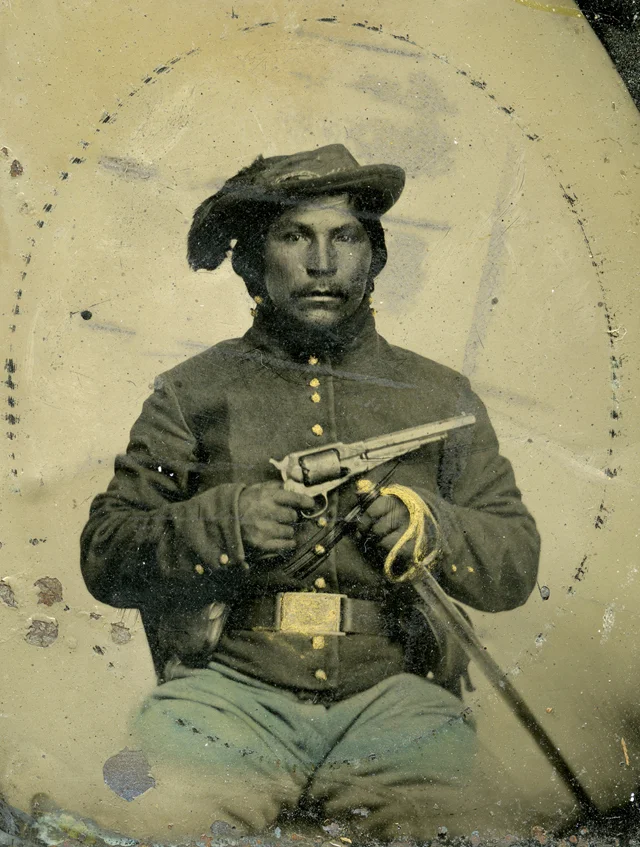Editorial: West Virginia Must Confront Its Confederate Monuments
/In the autumn of 1910, a crowd of thousands gathered on the capitol grounds in downtown Charleston, West Virginia. The women and men, many of whom were Confederate veterans adorned once again in gray, had come from all over West Virginia to witness the dedication of a monument to Confederate General Thomas “Stonewall” Jackson…Among the crowd, civilians and veterans alike wore “Lily White” campaign buttons. In the early 1900s, the Lily White campaign called for the disfranchisement of African American voters.
The Jim Crow politics intertwined with the history of Charleston’s Stonewall Jackson statue speak to the complicated and racist legacies Confederate monuments often hold. In 1910, West Virginians who turned out to honor Stonewall Jackson’s legacy naturally linked that cause with the disfranchisement of black voters. They understood the relationship between racism and Confederate iconography
Read More













